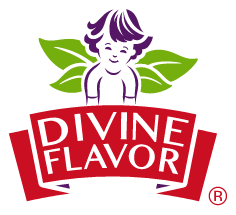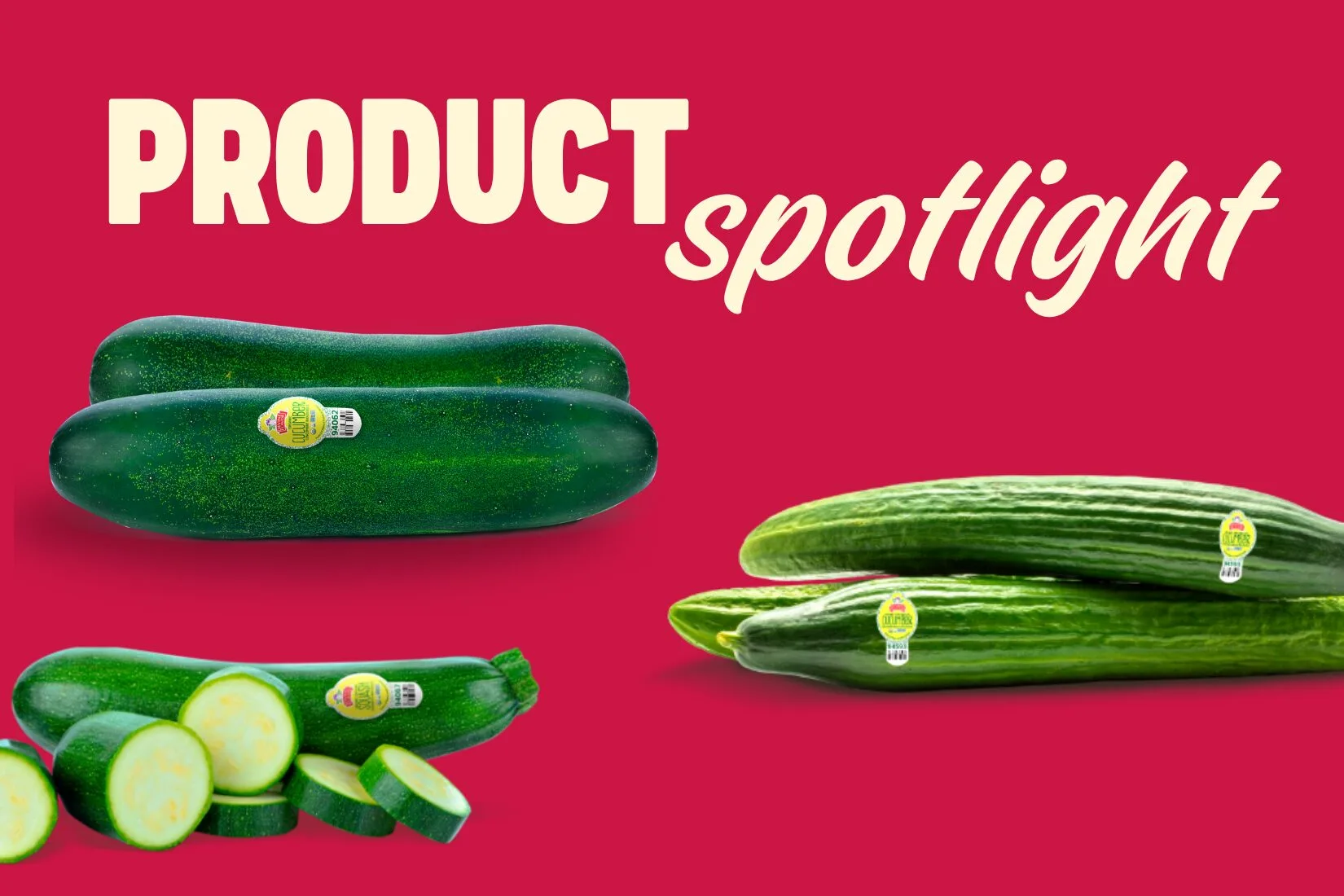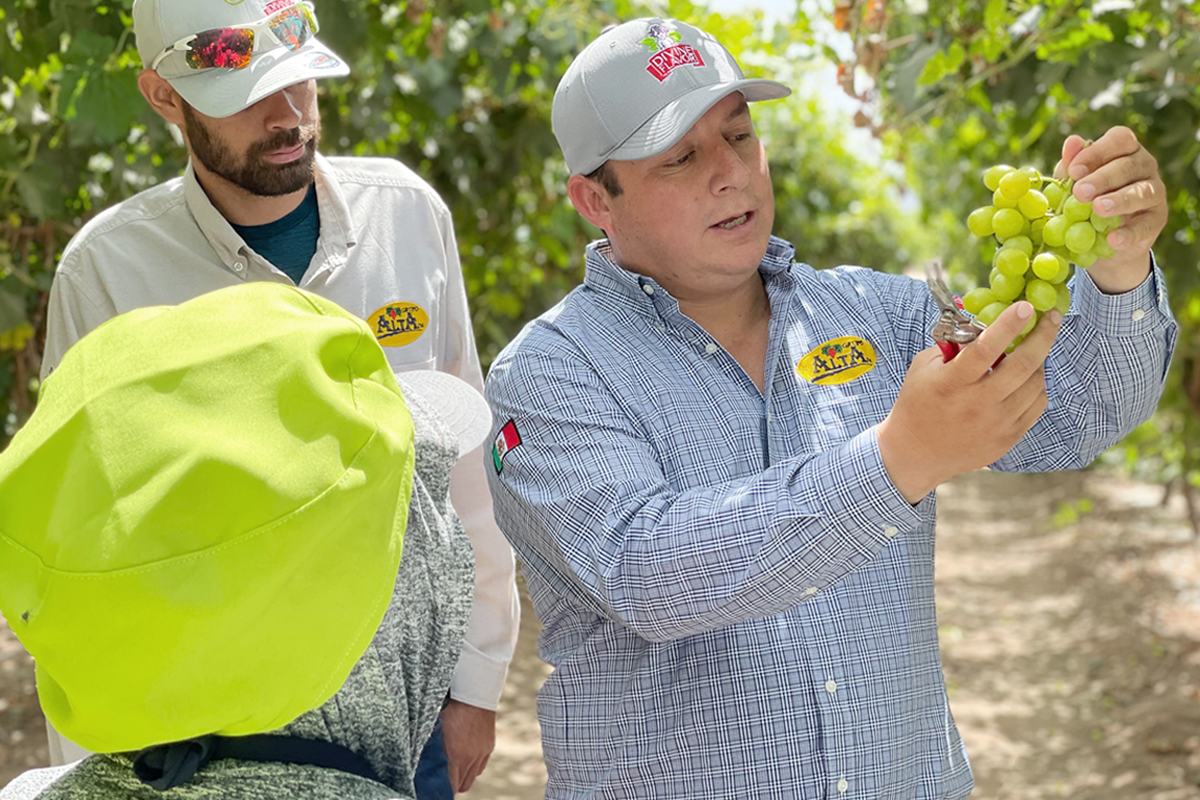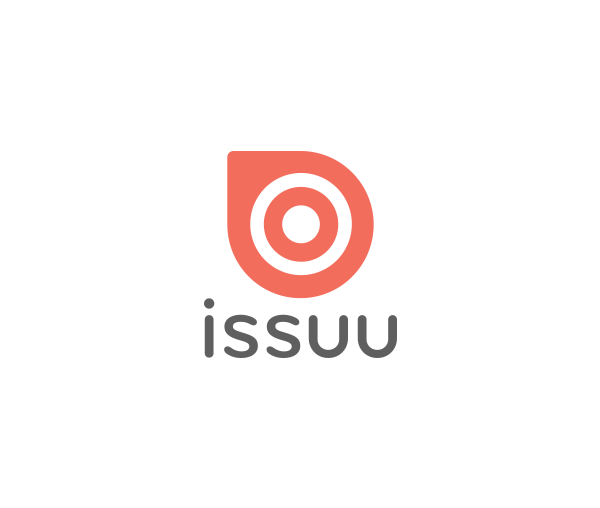IFPA’s Tamara Muretagoiena joins Grupo Alta on farm visit to review sustainability
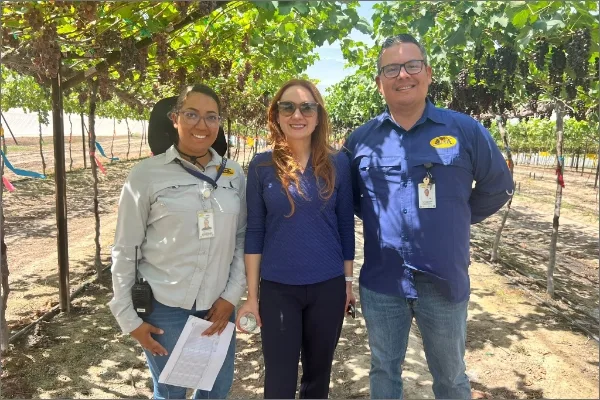
In the world of produce, sustainability has transformed from a buzzword to a crucial conversation within the industry. Over the past decade, the focus on sustainable practices has escalated, urging companies to embrace change swiftly. This shift is particularly vital in agriculture, where large-scale farmers are recognizing the significant environmental and social impacts of their operations. Divine Flavor is at the forefront of this movement, taking substantial steps to integrate sustainable agriculture practices into their organization and farms. This includes efforts to conserve natural resources, improve social programs with its workers, reduce energy consumption, and implement effective pest management, among other initiatives.
As part of a strategic alliance between Divine Flavor and the International Fresh Produce Association (IFPA) to better understand the areas of sustainability at the farm level, a visit was coordinated for Tamara Muretagoiena, IFPA’s VP of Sustainability, to see Divine Flavor’s farms at Grupo Alta. Accompanying Tamara on the tour was Michael DuPuis, QA Manager for Divine Flavor, and Raul Diaz, Grupo Alta’s Continuous Improvement Manager.
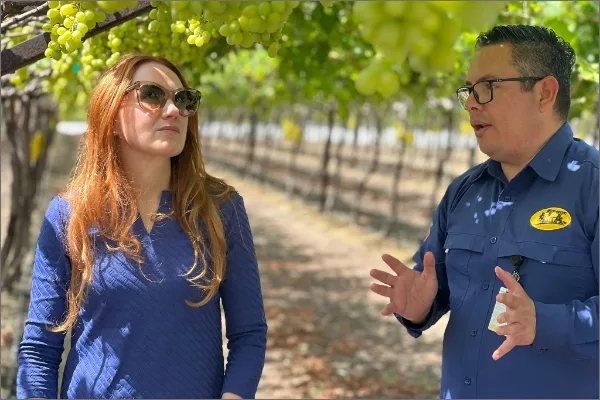
“Overall, I was very impressed with everything Divine Flavor/Grupo Alta is doing at their company in terms of sustainability and social responsibility,” says Tamara.
“You are really able to see a culture that is consistent throughout the operation, and regardless of which farm of the company I visited, you could tell you were at a Grupo Alta location because the consistency is always there.”
Tamara highlighted Grupo Alta’s advantage in sustainability achievements, pointing out that their success is greatly attributed to being an organic producer. “The company’s core strength in environmental practices lies in its organic production approach, which eliminates the use of synthetic fertilizers and prioritizes activities that enhance soil health, carbon restoration, and gas emission reduction,” Tamara continues.
“By focusing on organic growth, Grupo Alta has seamlessly integrated pest management (IPM) systems, effectively restoring the ecological equilibrium of their soil and surrounding environments. Their commitment to organic practices has not only advanced their sustainability initiatives but also underscores their dedication to promoting a healthier ecosystem through responsible agriculture.”
In a conversation with Michael DuPuis from Divine Flavor, he emphasized that while organic production poses challenges, growers who fully embrace these practices can expect substantial rewards over time.
“Healthy plants and healthy soils won’t attract as many pests as unhealthy plant or soil root systems would,” he says.
“Our careful management of biological, chemical, and mechanical controls greatly supports the health of the plants. We are fostering a culture within our farm operations to enhance oversight of our inputs and safeguard the surrounding environment. Many of these practices align with Integrated Pest Management (IPM), underscoring our commitment to environmental preservation and ensuring the quality of the fruits and vegetables we produce.”
Since the early 90s, Grupo Alta has been producing organic fruits and vegetables as part of their commitment to preserving the land and people who work there. In their experience of growing organically, they have gained knowledge in developing better techniques for pest identification, how to prevent them, and verifying farmers are more aware of the practices.
“The social areas are also a strength of Grupo Alta,” Tamara continues to explain.
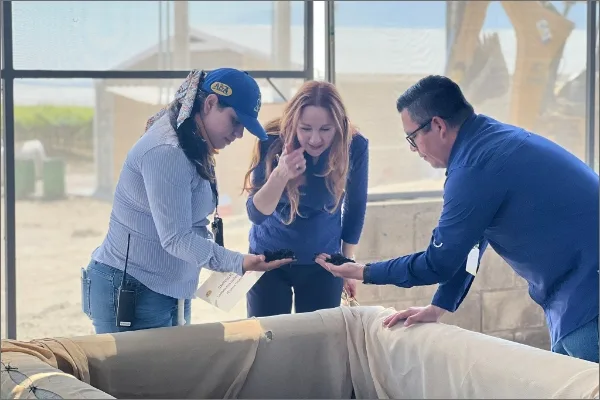
“The foundation of their social programs is very evident and this is a major component of sustainable development. It is quite apparent that Alan Aguirre/Grupo Alta cares greatly for its workers, and I saw this frequently while visiting the company—observing their employee housing, the farm cafeterias and the healthy food served to the workers, and the plethora of medical, dental, and psychological amenities offered.”
Having good social practices is an area Grupo Alta greatly emphasizes within the company and carries out at each of their farm locations. Their mission to provide their workers with fair working conditions, above-average salary wages, and job satisfaction started in the early 90s. In 1995, the company created its internal foundation, Foundation Alta, which is a group solely dedicated to the collaborators (farmers) within the organization.
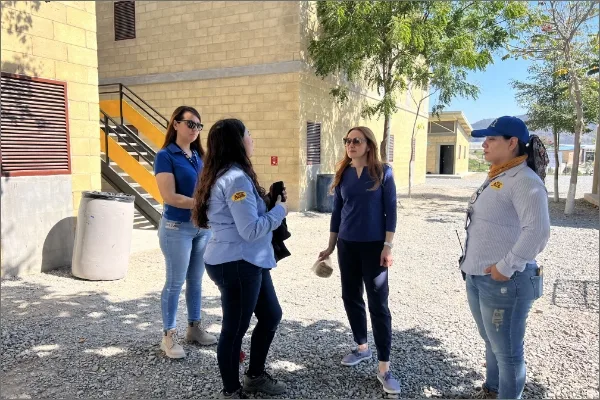
This initiative, which started before the fair trade movement in Germany in 1997, was created to go from farm to farm offering medical and dental services to each of the employees. Although the core focus, aside from the medical services offered, greatly relies on the well-being and human development factors.
“One of the main reasons why our farms have lower turnover with employees is because of the system and base Grupo Alta has created in their company over the years,” says Michael.
“In agriculture, it is common for farm workers to go from company to company—moving from one situation to a better one, but at Grupo Alta, we see our collaborators stay for many years and that is because they enjoy the work environment that is offered to them. Our company management and ownership believe that achieving the best results starts with investing in your workforce, and in turn, this will pay dividends to the final result. This is our sustainable approach to our workforce.”
When speaking with Tamara, we asked what areas growers should be focusing on to improve their sustainability efforts. With so many areas of sustainability to focus on, and more certifications being required, what should farmers be engaging more on?
“It all starts with ownership/management and having a business plan,” says Tamara. “If management doesn’t believe in sustainability, how can you expect the rest of the company to believe or engage? Successful farm companies that excel in sustainability have a strategic plan to tackle their goals, and they have the right system in place with the right type of personnel to carry out the tasks. It starts with the top level of the company downward.”
“Some other areas to keep a close eye on are certifications such as Integrated Pest Management and Regenerative Agriculture like ROC (Regenerative Organic Certification). Not only are these key areas of sustainable agricultural practices, but these are great certifications to show your compliance, and retailers are noticing it.”
For more information, please contact:
Michael DuPuis
Public Relations Coordinator
+1 (520)-281-8328
mdupuis@divineflavor.com
